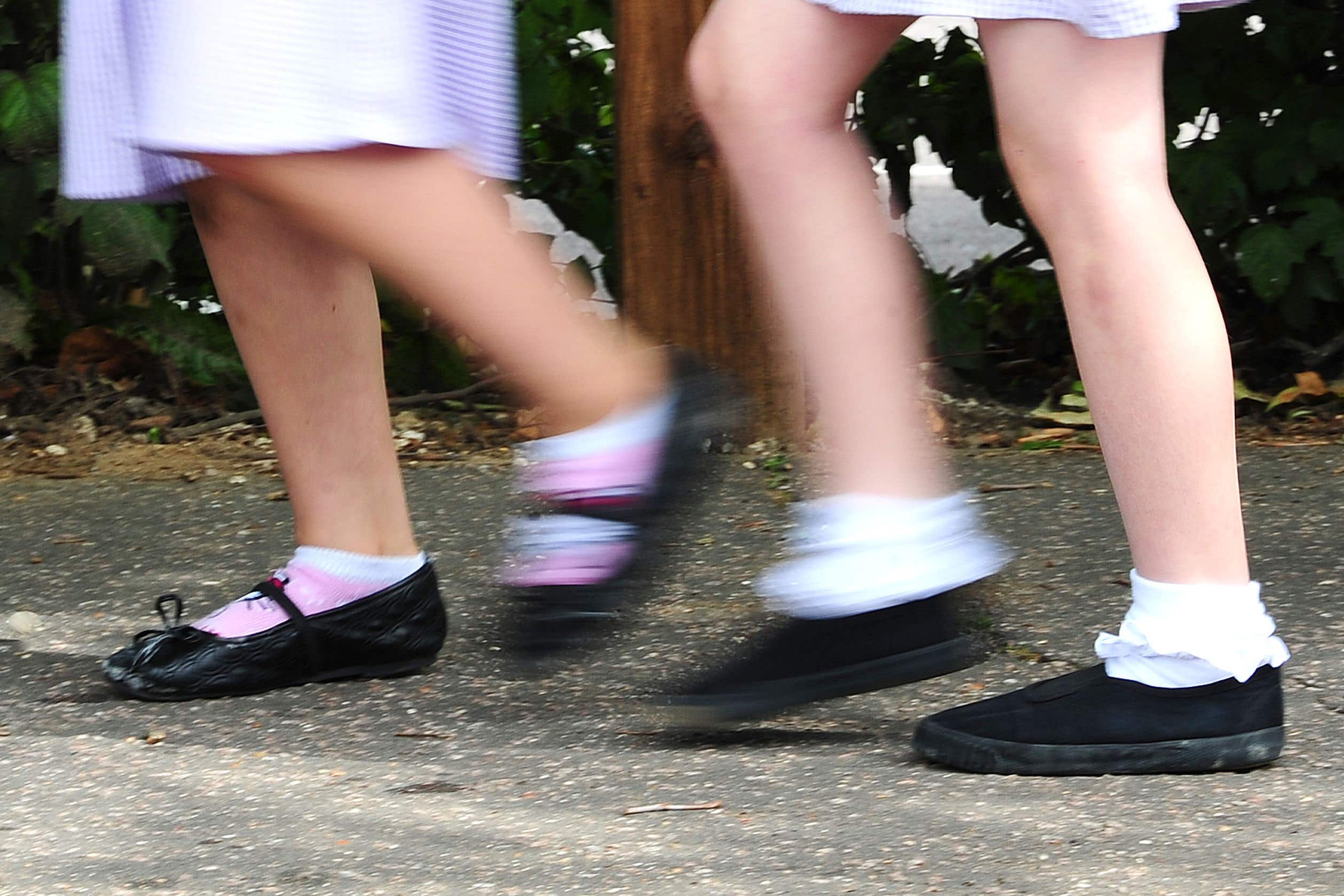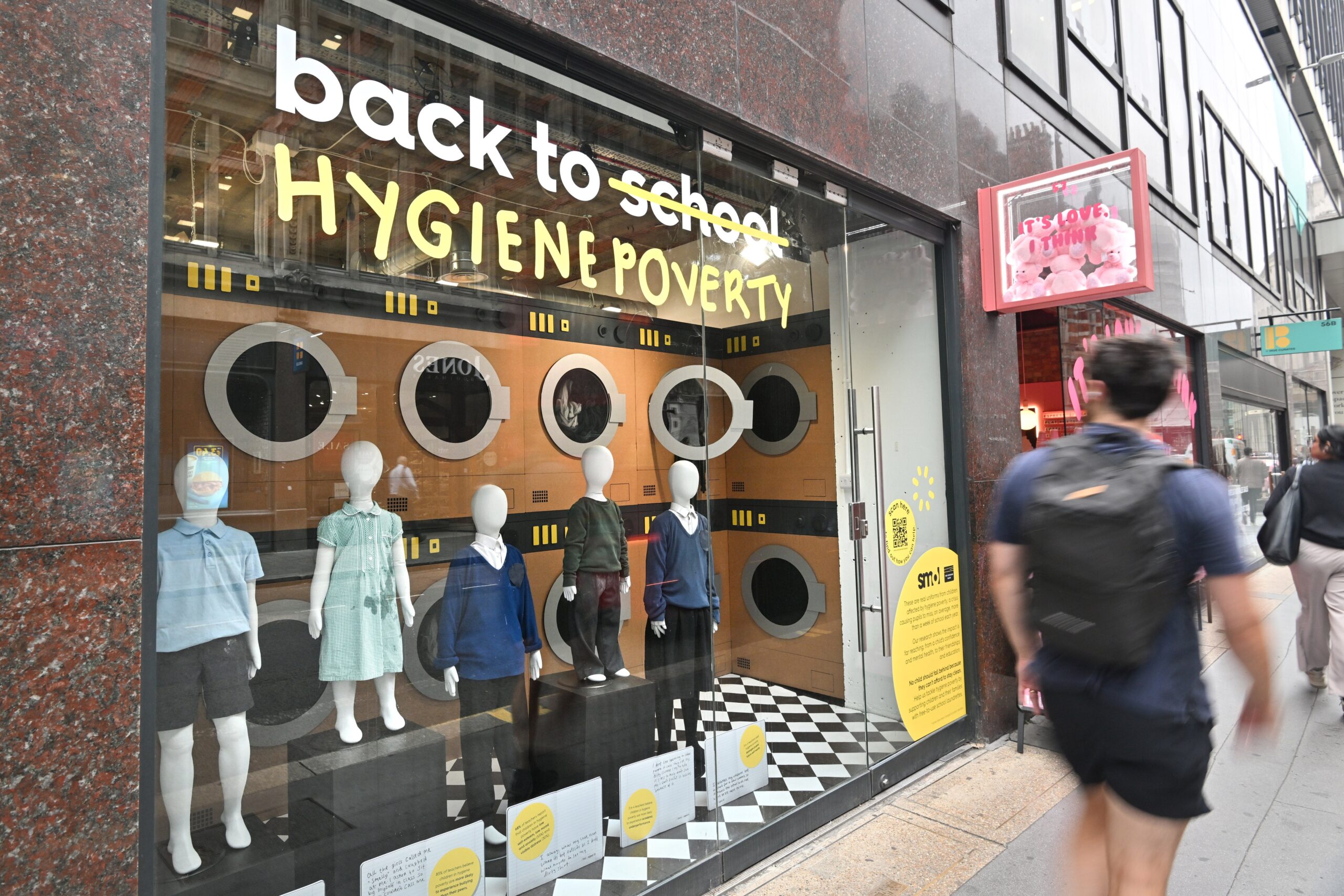Almost three million children are believed to be experiencing hygiene poverty in the UK, with increasing numbers of pupils missing school due to dirty uniforms and bullying.
As the government’s Child Poverty Taskforce prepares to publish its strategy, new research from laundry brand smol, with support from national charity The Hygiene Bank, show a 68 per cent year-on-year surge in state school teachers reporting daily instances of pupils experiencing hygiene poverty.
Their data has shown that 91 per cent of teachers believe pupils are likely to be impacted long-term, with 76 per cent saying it damages their self-worth, 75 per cent citing mental health and 65 per cent stating it impacts their ability to form friendships.
Over a third of teachers (39 per cent) have witnessed children avoiding eye contact, and almost half (49 per cent) have seen them sitting away from their peers.
One teacher surveyed that pupils have “come in to school with a filthy uniform after the summer holidays, indicating it had not been washed for six weeks”, while others spoke of children who had “the same clothes on for two weeks”.

One deputy headteacher warned that some children are becoming “withdrawn and quiet” in the classroom and within their friendships, with one pupil crying in a support meeting because they “felt embarrassed to have to ask for soap”.
Victoria Archer, who works at a state London primary school, told The Independent: “It’s always been there but in the last five years, we’ve seen it worsening to the point that the last two years have been quite hard to manage.
“Before it would be children coming in quite grubby but now this is happening often. They won’t take their jumpers off because their dinner stains are underneath and they won’t put their hands up because of body odour.”
Ms Archer added: “Toothbrushing is definitely an issue. We run our own foodbank at Christmas and the last two years, parents have said can the foodbank include sanitary products, toothbrush, washing detergent etc.”
As well as pupils being self-aware, she said that parents have also requested that their children avoid participating in “messy play”, as they cannot afford cleaning products.
She added: “We see pupils who were once confident and engaged in class become withdrawn and quiet.
“Their friendships fade, they stop putting themselves forward, and their progress in school begins to slip. It’s all linked to a drop in confidence – and it’s heartbreaking to watch.

“A lot of people still don’t fully understand what hygiene poverty is, or how much it holds children back. It’s keeping them out of school.
“It’s damaging their confidence and limiting their future. It’s time this issue was properly addressed, because no child should miss out on their education because they don’t have access to clean clothes.”
Pupils who experience hygiene poverty have also been found to avoid physical education classes, with 52 per cent being too embarrassed to attend school at all.
Overall, this causes pupils to miss an average of 6.5 school days per year, amounting to an overall total of 23 million days of learning lost.
The research saw 500 state school pupils participate with the aim of raising awareness of this “invisible crisis”.
They have launched a campaign for Suds in Schools, to provide laundrettes in educational institutions, with 95 per cent of teachers saying that access to washing facilities would benefit children and families in hygiene poverty.
Ruth Brock, CEO of The Hygiene Bank, said: “Hygiene poverty is holding children back from the very things that school should offer: learning, friendship, play, and confidence. No child should miss school because they don’t have access to a clean uniform, deodorant or basic hygiene products.
“At The Hygiene Bank, we see first-hand how shame around hygiene poverty isolates families, and why it’s so vital that we talk about it. Together with smol, we’re making this invisible crisis visible and calling on the public and policymakers alike to take action.”
